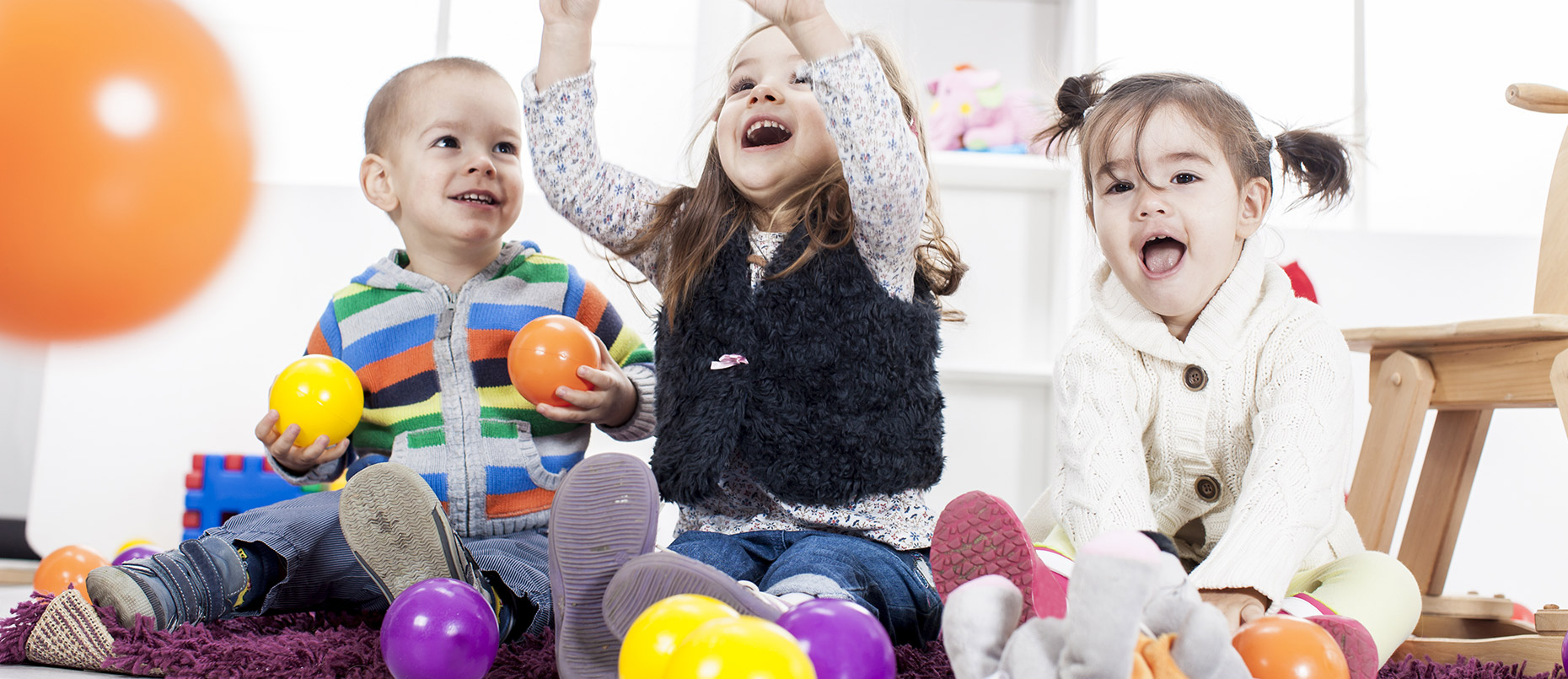
What are the signs and symptoms of hearing loss in infants and children?
- Ask people to repeat themselves
- Exhibit delayed language development
- Confuse sounds or pronounces them incorrectly
- Show a decline in language development
- Often have ear infections
- Ask to turn up the volume of the radio or television
- React abnormally to low, medium or loud sounds
- Daydream, seem inattentive
- Don’t answer to their name
- Don’t turn or react when spoken to (when the child doesn’t see you, while in a different room or not facing you, for example)
- Can’t find the person calling them from far away in the house
- Have a family member with hearing loss
- The parents think the child has hearing problems.
Although every child is unique, here are the general stages of communication development in babies and children.
From birth to 3 months, the baby should:
- Startle in reaction to a loud noise
- Relax, calm down when hearing familiar voices
- Pay attention to familiar voices
- Cry differently to express different needs
- Make sounds to express pleasure (cooing)
- Play at making sounds like “aah” and “ooo”
From 3 to 6 months:
- Move or wake up to the sound of voices when sleeping
- Turn the head when their name is said or there’s a noise, even if they don’t see you
- Play at making sounds that progressively begin to resemble words/speech
From 6 to 8 months:
- React and turn head when name is said
- Understand common words like “no” and “bye-bye”
- Babble, say “mamama,” “bababa”
From 8 to 15 months:
- Repeat simple words and sounds
- Try to grab or point to familiar objects when the objects are named
- Understand simple instructions
- Imitate familiar animal sounds
- Correctly say “dada” or “mama”
- Turn to face a sound
From 12 to 18 months:
- Follow simple verbal instructions
- Regularly use seven real words or more
- At 18 months, 25% of the child’s speech should be intelligible
Starting at 24 months:
- Point to parts of the body when named, without seeing your lips move
- Start to combine two words, like “more, mama!”
- Have a vocabulary of 50 to 250 words
- At 2 years old, 50 to 75% of the child’s speech should be intelligible
Starting at 3 years old:
- Name just about anything with one word
- Have conversations with self or with toys
- Have a vocabulary of 450 words
- Construct sentences of 4 or 5 words
- Follow conversations
- At 3 years old, 75 to 100% of the child’s speech should be intelligible
If you suspect there are problems with your child’s development, it is recommended to have his or her hearing tested.
» Find a clinic that specializes in children between 0 and 4

